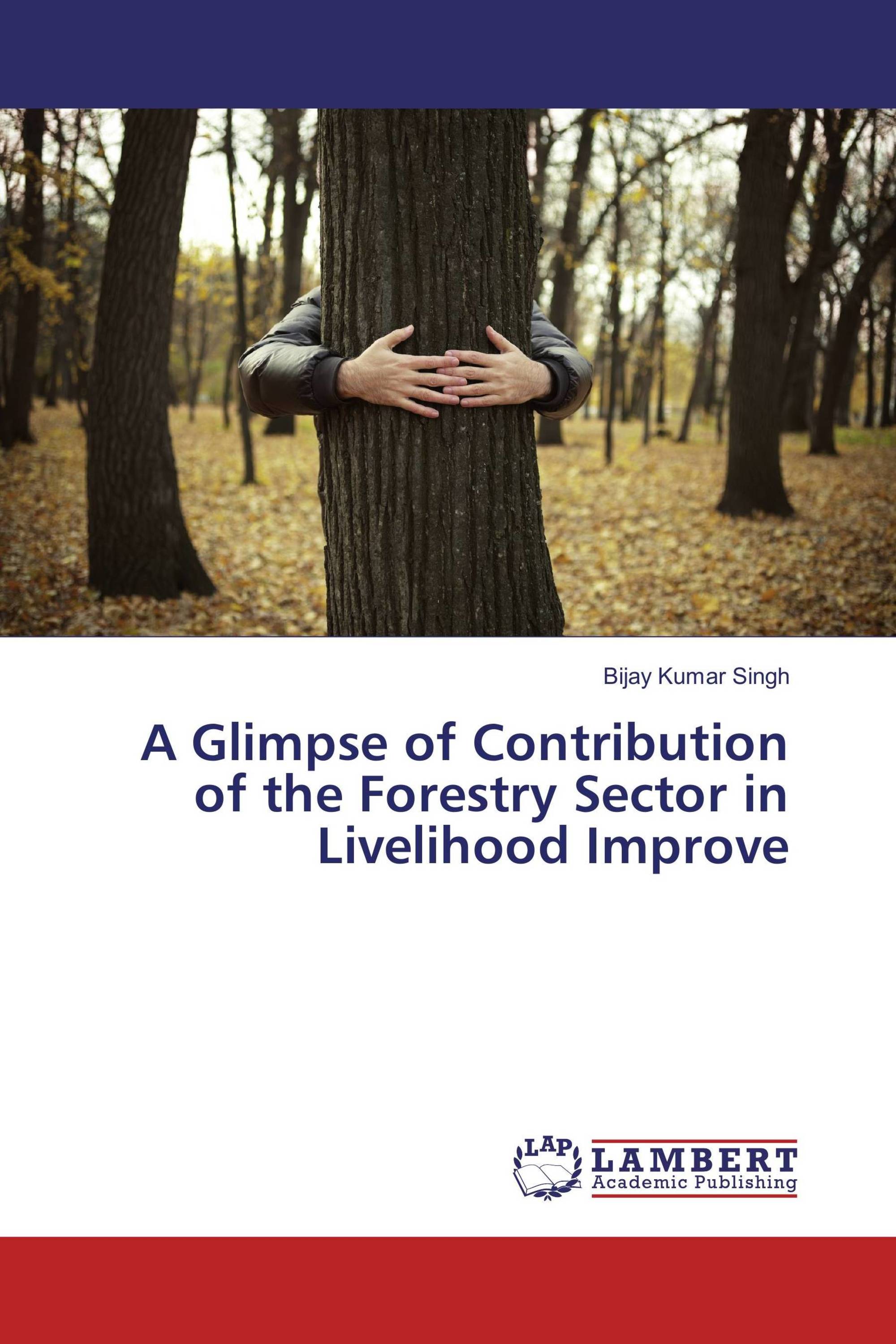A Glimpse of Contribution of the Forestry Sector in Livelihood Improve
LAP Lambert Academic Publishing ( 28.02.2017 )
€ 35,90
This book provides a overall picture of contribution of forestry sector in food security in Nepal. Livelihood improvement programs are streamlined by National Periodic Plans, Forestry Sector Policies and Legal Framework and supported by the resourceful projects. Well-being ranking method is widely used in identifying and selecting the poorest of poor households in both community and leasehold forestry through participatory method. Thus, the poor and the most marginalized households are focused. Similarly, group approach is prevalent in order to deliver goods, services and capacity development which have been further federated at higher level including national level such as FECOFUN in community forestry, buffer zone council in the protected areas, intergroup and cooperatives in the leasehold forestry. Allocation of productive forest land resources to the poorest of the poor households with long-term period on leasehold concept is another approach in leasehold forestry, community forestry and public land forestry development. Public fund allocation is streamlined by the legal framework such as 35% allocation of fund in community forests income and or 30-50% revenue sharing.
Kitap detayları: |
|
|
ISBN-13: |
978-3-330-04551-4 |
|
ISBN-10: |
3330045515 |
|
EAN: |
9783330045514 |
|
Kitabın dili: |
English |
|
Yazar: |
Bijay Kumar Singh |
|
Sayfa sayısı: |
60 |
|
Yayın tarihi: |
28.02.2017 |
|
Kategori: |
Tarım, bahçecilik, ormancılık, balıkçılık, beslenme |




